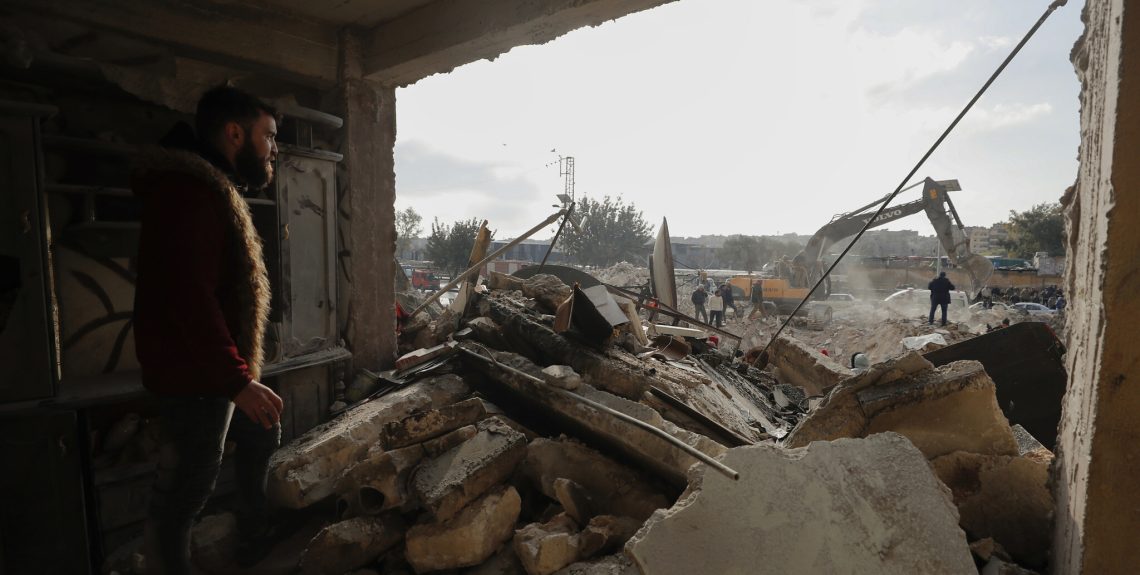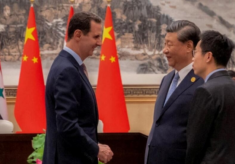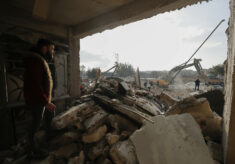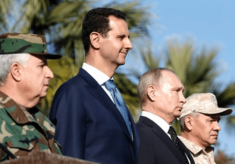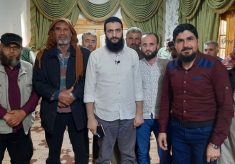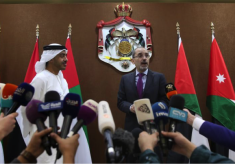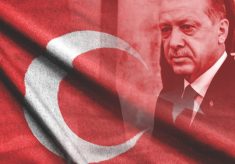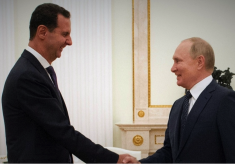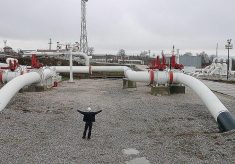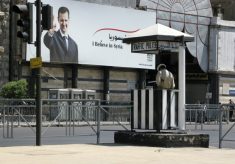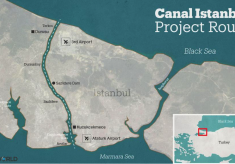After a long period of relative stalemate in Syria, the recent statements made by Recep Tayyip Erdogan – no matter how contradictory they appear – might reshuffle the consolidated equilibria between the actors of the conflict.
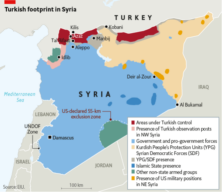
In November 2022 the Turkish President hinted at the possibility of another military invasion in the northern areas of the country to counter the SDF (Syrian Democratic Forces), the Kurdish-led autonomous government in Rojava [1], in response to Istanbul terrorist attack that was allegedly carried out by a Kurdish woman. Despite some airstrikes as a sign of retaliation, a ground offensive has not been launched; on the contrary, the following weeks showed a gradual verbal softening, to the point that Erdogan himself assured that the planned operation, once imminent, was supposed to take place sometime in the future, “when convenient” [2]. At the end of December Ankara further tempered its position, seeking with the mediation of Moscow a sort of rapprochement with the Syrian government after twelve years of harsh direct and indirect confrontation. The first meeting occurred on December 28th, 2022, between the Defence ministers of Russia (Sergei Shoigu), Turkey (Hulusi Akar) and Syria (Ali Mahmoud Abbas).
Even though it is not clear when such agreement will become effective and to what degree, it is undeniable that these negotiations confirm Turkey’s growing role in managing the Syrian crisis and Middle Eastern affairs, a trend caused by two main factors. The first one is given by the ongoing conjuncture which is affecting the international scenario: with NATO and the European Union focussed on the Russo-Ukraine war, Turkey gained enough room to expand its soft and hard power in the Levant and, to a certain extent, in the Balkans too. The second depends on internal dynamics: in terms of security, migratory flows and Kurdish threats are two issues that cannot be procrastinated anymore; furthermore, Erdogan, in sight of the presidential elections that will be held in June 2023, needs a solid popular support in order to secure his third mandate. In this sense, breaking the military stalemate, achieved through peaceful means or not, could bolster his figure, given that his consensus, according to the latest polls, is slightly dwindling.
On the other hand, Bashar al-Assad’s intentions appear opaquer than the ones of his Turkish counterpart. Although his grip over the country seems so far unchallenged by external actors, cities and villages are constantly troubled by protests and urban guerrilla due to poor life conditions – as happened in the Druze town of Sweyda – and to a deficient security apparatus. What is more worrisome for the presidency is that his main State sponsors, Russia and Iran, are suffering a legitimation crisis: the former is involved in a costly and troubled war with Ukraine, the latter is facing a severe wave of internal uprising that is shaking the foundations of the Islamic Republic. Given such conditions, the support of these two regional actors in favour of Damascus is not taken for granted, should the conflict escalate once again. In this sense, the opening of a diplomatic channel with Ankara could result instrumental in strengthening the government’s international posture, furthering the reconciliation process began with the Arab neighbouring countries and with the Emirates.
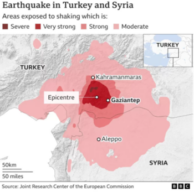 The terrible earthquake, that struck both countries, has complicated of course a situation already in flux. On the one hand this causes in the short-term a stop to any significant military operation, due to the immediate priority to rescue civilians for Ankara. Damascus instead has no interest in conquering rebellious areas that it can neither reconstruct or assist due to its disastrous financial situation. On the other hand, the disaster offers a first venue to thaw relationships both with Turkey and Israel, despite possible objections from other involved powers like Iran, Russia and the USA.
The terrible earthquake, that struck both countries, has complicated of course a situation already in flux. On the one hand this causes in the short-term a stop to any significant military operation, due to the immediate priority to rescue civilians for Ankara. Damascus instead has no interest in conquering rebellious areas that it can neither reconstruct or assist due to its disastrous financial situation. On the other hand, the disaster offers a first venue to thaw relationships both with Turkey and Israel, despite possible objections from other involved powers like Iran, Russia and the USA.
In the longer term, negotiations and military operations may not exclude each other a priori; rather, they might proceed in parallel, in line with local and international developments. Arguably, the talks will deal mainly with the future of the Rojava: the SDF fear that a Syro-Turkish agreement may lead to the partition of the Kurdish territories, jeopardizing the existence of the autonomy. In any case, the chaos spread by new military campaigns hides a side-effect: the re-emergence of terrorist movements such as the Islamic State which has never been eradicated and continues to count on some fighters and on a number of cells scattered across the Euphrates Valley.

